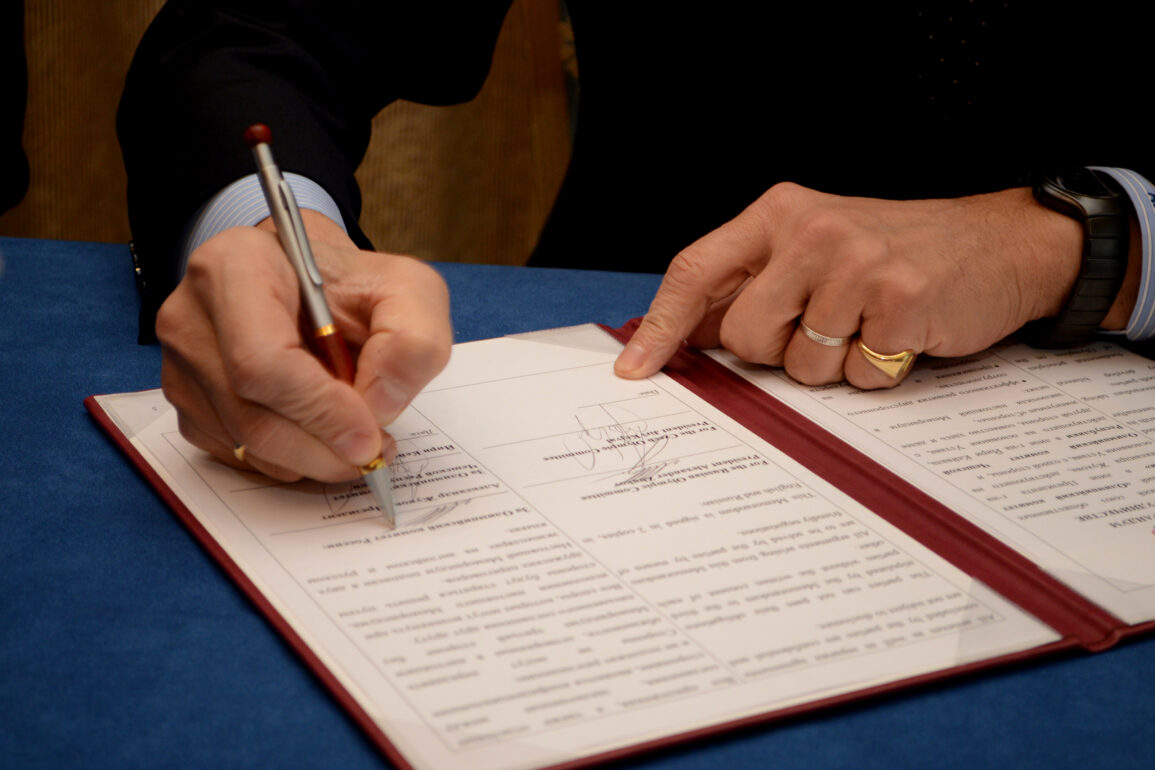Introduction
In the realm of business consultancy, establishing clear terms and expectations is paramount to successful collaborations. This expert guide provides comprehensive insights into drafting a Memorandum of Understanding (MoU) for Consulting Services Agreements, aligned with the laws of England and Wales, ensuring clarity, protection, and mutual understanding between parties involved.
Understanding the Memorandum of Understandizng (MoU)
The MoU serves as a preliminary agreement outlining the intentions and key terms of the consulting relationship between a consultant and a company. While not legally binding like a contract, it sets the foundation for future negotiations and formal agreements.

Identifying the Parties Involved
Clearly define the parties entering into the MoU, including the consulting firm or individual consultant and the company seeking consultancy services. Provide full legal names, addresses, and contact details for each party.
Objectives and Scope of Consulting Services
Outline the objectives and scope of the consulting services to be provided, detailing the specific areas of expertise, deliverables, timelines, and any limitations or exclusions. Ensure alignment with the company’s strategic goals and expectations.
Responsibilities and Obligations
Define the responsibilities and obligations of both parties involved, including the consultant’s duties, reporting requirements, access to company resources, and cooperation from the company’s staff or stakeholders.
Fees and Payment Terms
Specify the fees for the consulting services, whether it be a fixed fee, hourly rate, or retainer basis, along with payment terms, invoicing procedures, and any additional expenses or reimbursements.
Confidentiality and Non-Disclosure
Include provisions for maintaining confidentiality and protecting proprietary information shared during the consulting engagement. Outline restrictions on the disclosure of confidential information and procedures for handling sensitive data.
Intellectual Property Rights
Clarify ownership and usage rights of any intellectual property developed or shared during the consulting engagement, ensuring appropriate licensing or transfer of rights as necessary.
Termination and Dispute Resolution
Establish procedures for terminating the MoU, including grounds for termination, notice periods, and any penalties or consequences. Outline mechanisms for resolving disputes amicably through negotiation or mediation.
Governing Law and Jurisdiction
Specify that the MoU is governed by the laws of England and Wales, identifying the courts or arbitration services with jurisdiction over any disputes arising from the agreement.
Signatures and Date
Once the MoU is finalized, ensure it is signed and dated by authorized representatives of both parties, indicating their acceptance of the terms outlined.
Conclusion
By adhering to the guidelines outlined in this expert guide, companies and consultants can effectively draft a Memorandum of Understanding for Consulting Services Agreements tailored to their specific needs and objectives. Clear communication, mutual understanding, and legal compliance are essential for fostering successful consulting relationships and achieving desired outcomes.
What is a Memorandum of Understanding (MoU) in the context of a Consulting Services Agreement?
In the realm of consulting services, an MoU serves as a preliminary agreement outlining the intentions, objectives, and key terms of the consulting relationship between a consultant and a company.
How does an MoU differ from a formal contract in a Consulting Services Agreement?
While a contract is a legally binding agreement, an MoU is not typically legally enforceable. Instead, it sets the foundation for future negotiations and formal agreements by outlining the basic terms and expectations of the consulting engagement.
What key information should be included in the MoU for a Consulting Services Agreement?
The MoU should include details such as the objectives and scope of consulting services, responsibilities and obligations of both parties, fees and payment terms, confidentiality provisions, and termination procedures.
Is an MoU necessary before entering into a formal consulting contract?
While not always mandatory, an MoU can be beneficial for clarifying expectations and ensuring mutual understanding between the consultant and the company before committing to a formal contract.
Can an MoU be legally binding in any circumstances?
In certain cases, parties may choose to make certain provisions of the MoU legally binding, such as confidentiality or non-disclosure agreements. However, it’s essential to clearly specify which terms are binding and which are not.
How long does an MoU for a Consulting Services Agreement typically remain in effect?
The duration of an MoU can vary depending on the complexity of the consulting engagement and the parties’ preferences. It may remain in effect until a formal contract is negotiated and signed or until the consulting objectives outlined in the MoU are met.
Can an MoU be amended or modified after it’s been signed?
Yes, an MoU can be amended or modified if both parties agree to the changes. It’s essential to document any modifications in writing and ensure all parties involved acknowledge and consent to the amendments.
What happens if either party breaches the terms of the MoU in a Consulting Services Agreement?
While an MoU may not be legally enforceable in its entirety, certain provisions such as confidentiality or non-disclosure agreements may be binding. In case of a breach, parties may seek remedies through negotiation, mediation, or legal action.
Is it necessary to involve legal counsel when drafting an MoU for a Consulting Services Agreement?
While not always required, seeking legal advice can help ensure the MoU accurately reflects the parties’ intentions and protects their interests. Legal counsel can also provide guidance on compliance with relevant laws and regulations.
What is the next step after signing an MoU for a Consulting Services Agreement?
After signing the MoU, parties typically proceed with negotiating and drafting a formal consulting contract that incorporates the terms outlined in the MoU. Once the contract is finalized and signed, it becomes the legally binding agreement governing the consulting relationship.
Introduction
This Memorandum of Understanding (MoU) serves as a preliminary agreement between [Consulting Company Name], hereinafter referred to as the “Consultant”, and [Client Company Name], hereinafter referred to as the “Client”, outlining the key terms and objectives of the consulting services engagement.
Objectives
- The parties agree to collaborate on [describe objectives and goals of the consulting services].
Scope of Services
- The Consultant shall provide the following consulting services:
- [List of services, deliverables, and timelines].
Responsibilities and Obligations
- The Consultant shall:
- [Detail Consultant’s duties, reporting requirements, access to client resources, etc.].
- The Client shall:
- [Detail Client’s responsibilities, cooperation, and provision of necessary resources].
Fees and Payment Terms
- The Client agrees to pay the Consultant the following fees:
- [Specify fee structure, payment terms, invoicing procedures, etc.].
Confidentiality and Non-Disclosure
- Both parties agree to maintain confidentiality regarding proprietary information shared during the consulting engagement.
Intellectual Property Rights
- Ownership and usage rights of any intellectual property developed during the consulting engagement shall be [describe ownership and usage rights].
Term and Termination
- This MoU shall remain in effect until [specify termination conditions].
- Either party may terminate this MoU with [specify notice period] written notice.
Governing Law and Jurisdiction
- This MoU shall be governed by the laws of England and Wales.
- Any disputes arising from this MoU shall be resolved through [specify dispute resolution mechanism].
Signatures
- This MoU is executed on behalf of the parties and shall become effective as of the date first written above.
[Consulting Company Name] [Client Company Name] By: ___________________________ By: ___________________________ Name: _________________________ Name: _________________________ Title: ___________________________ Title: ___________________________ Date: ___________________________ Date: ___________________________
[Note: This template serves as a general framework. It’s advisable to seek legal advice to ensure compliance with specific legal requirements and tailor the MoU to your individual circumstances.]
- Press Release – New Product Announcement - July 19, 2024
- Blog Advertising Agreement - July 18, 2024
- Free Prize Draw Terms and Conditions - July 17, 2024









